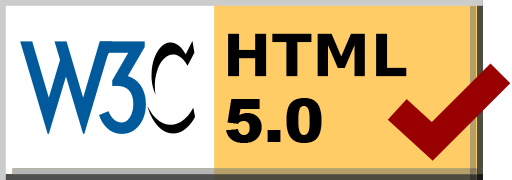Have you been pwned? Maybe not as fully as you think
Posted: 2018-03-02 09:10:09 by Alasdair Keyes
For those interested in security breaches you are probably aware of the existence of the site Have I Been Pwned (HIBP) run by Troy Hunt.
I've used it to check email addresses in the past, however Troy has added some new useful features to the site of the the past few years.
I gave the domain search option a go. Instead of searching for just an address, you give your domain and it identifies all email Aliases that have been found in compromised lists for that domain. https://haveibeenpwned.com/DomainSearch If you operate your own personal or your company domain(s), it's well worth looking into.
It's very straight forward and you can validate domain ownership using a number of methods such as DNS, Email, HTTP and download the information in various formats such as MS Excel or JSON.
When reviewing this information, one thing I noticed is that in the Onliner Spambot breach there were quite a few aliases listed on my domains that I don't, nor have ever used. In particular, I've owned the akeyes.co.uk domain since 2005 and it was unregistered before then, so it's unlikely to be from a previous domain owner. In fact on akeyes.co.uk only 2 out of 9 listed aliases would ever have been used and able to receive emails and therefore used to access online services.
My first thought was that these aliases were there as part of a scatter-gun approach to spam, however as the leak they were from also contained passwords or password hashes there are some other possible inferences from this data.
-
There's no indication as to which aliases had passwords, apparently not all did, but as the leak description outlines "many of which were also accompanied by corresponding passwords" we can assume over 25% did. If these addresses have never been used for either mail or online services, it would seem that having a legitimate password is unlikely. This could mean perhaps a password was obtained for leakedemail@domain.com and then tried against other common aliases on the same domain in an attempt at compromising a mail server account. This would be a far more efficient way of trying to compromise a mailbox than just trying known passwords from other domains.
-
Although the sale of personal/account details on is quite prevalent, the cost per-email/password combination is very low. If this list was obtained via the purchase of compromised details, it could indicate that sellers on the black-market are padding out their lists with dummy addresses and passwords/password hashes to be more appealing to buyers.
-
Nefarious types may have tried to sign up to online services with email addresses on my domain for online services which have later been exploited. This might be quite common with well known domains such as microsoft.com etc but I'd say this is unlikely on domains as unknown as mine unless an online service had a known issue that could somehow be exploited in this manner.
When we hear of compromised data of 100 Million users being leaked, it could be worth bearing in mind that a fair proportion of these may be fake, or at least have dubious origin. This doesn't make the security breaches and data leaks any less serious as they will contain real information as well and sites like HIBP are doing good work allowing people to be aware of compromises and hopefully holding some to account.
If you found this useful, please feel free to donate via bitcoin to 1NT2ErDzLDBPB8CDLk6j1qUdT6FmxkMmNz
© Alasdair Keyes
IT Consultancy Services
I'm now available for IT consultancy and software development services - Cloudee LTD.
Happy user of Digital Ocean (Affiliate link)

